Many of us came to know Jo Nain through Mnet‘s dance crew survival show Street Dance Girls Fighter. She is the leader of the winning dance crew TURNS as well as a member of Just Jerk Crew.
Nain stood out to viewers, including BTS‘s Jungkook. He even helped her come up with the name for her YouTube channel, “Have a Good Nain,” a play on the phrase “Have a good night.”
Yesterday, Jungkook-nim…to make a YouTube channel, I received recommendations for my channel name and he left a recommendation there.
— Nain
This was only the start of many online interactions between the two. Recently, he covered her choreography for “Bare Wit Me.”
She then responded by dancing to BTS’s “Home.” Naturally, the dance video went viral. Just a day after its posting, it has 257K views.
Of course, with fame comes criticism too. After Jungkook covered her choreography, she gained even more fans overnight, up to 250K on Instagram.
ARMY (BTS’s fandom) is one of the most diverse fanbases. So, now international fans had begun to follow Nain due to Jungkook’s popularity. However, while getting to know more about this talented dancer, fans discovered something from Nain’s not-so-distant past.
In January, Nain did a photoshoot for Vogue Korea. She rocked a couple of different outfits while wearing a similar hairstyle for each.
Nain’s followers initially loved the photoshoot, complimenting the “hip-hop style.” Yet, many netizens recognize the problematic nature of a non-black woman wearing this hairstyle.
The hairstyle in question is box braids. This type of style is considered a “protective hairstyle” used by people of African heritage for their natural hair.
Braiding has been weaved into the DNA of Black culture for generations. For many Black women, getting their hair braided serves as a right of passage. Countless Saturdays have been spent by young girls sitting nestled between their mother’s legs watching movies, as curls transformed into beautiful braids. And we all know how crucial finding a great braider is for all of our exquisite braiding, twists, and lock styles. While braids may have gained more popularity and visibility in recent years, the style has a rich history spanning generations and continents.
— Lydia Kiros via Amplify Africa
Braids have a lot of history attached to it. For one thing, it dates back to 3500 BCE. Yet, there was, unfortunately, a period of time that brought erasure.
In an attempt to strip them of their humanity and culture, traffickers would shave the heads of women. Colonizers effectively attempted to take away the women’s lifeline to their homeland. Braids were also known to be used to hide rice or seeds in their hair in order to have food to eat on their Middle Passage journey. As women endured the hardships of slavery, there was no longer time to create intricate styles. Sunday, which offered somewhat of a relief from the harsh conditions, became the only day women could prep their hair. Since hairstyles needed to last the entire week, African-American women began to wear their hair in more simplistic styles. They chose to wear styles like single plaits that were easier to manage, and used the oils available to them, like kerosene, to condition them.
— Lydia Kiros via Amplify Africa
Another fact that often goes unrecognized is that braiding was also used for communication. Enslaved people at one time “used braids as a map to freedom.”
For example the number of plaits worn could indicate how many roads to walk or where to meet someone to help them escape bondage. Similarly in the early fifteenth century, hair functioned as a carrier of messages in most West African societies including the Wolof, Mende, Mandingo, and Yoruba. Hair was an important piece of a complex language system, in which it communicated the identity of the person wearing the braids.
— Lydia Kiros via Amplify Africa
Throughout history, and even today, black people experienced prejudice and racism based on not just skin color but also their hair texture and styles. Black people get bullied and even denied jobs based on such things. So, for a non-black person to appropriate such a culturally significant hairstyle is insensitive.
African-American women did everything they could to hold on to their ancestral tradition of wearing intricately braided styles. Nevertheless, when Emancipation took place in 1865, it brought along a desire to leave all things which recalled the horrific time of slavery behind. During the Great Migration, Black women began to migrate and flock to cities like Chicago and New York. They usually took on jobs as domestics, one of the few positions open to them. But braids quickly became synonymous with backwardness. Plaits and cornrows were increasingly traded in for chemically straightened or pressed hair.
— Lydia Kiros via Amplify Africa
Naturally, black ARMYs are disturbed by Nain wearing a hairstyle filled with so much cultural significance. So, many are calling her out for cultural appropriation.
Nain is an amazing choreographer but I am begging nonblack hip hop dancers to stop doing box braids please. Like they are not synonymous with each other lol.
— tish⁷ 📖 🪴☕️☁️ (@itsmoonchild_91) February 4, 2022
I dont want to sound bitter/jealous, but why is it that I have seen Black ARMY being very vocal about how inappropriate this is from Nain, but nobody else? 🧍🏽♀️ Is this NOT cultural appropriation & why is the black community, especially black ARMY constantly ignored? 👁 pic.twitter.com/gCvSmZd20L
— Nancy⁷ your fave JHOE ✨ (@Only7evenBTS) February 8, 2022
Nain is cute and all but them braids and blackfishing that she was doing… yea will not be supporting lol.
— hadassa☁️ (@its_dassa) February 8, 2022
Others are calling out Vogue Korea and the stylists as well. Nain was styled this way, and a whole team gave their okay on it.
LOOK AT THE BITCH BRAIDS 😭😭
Cultural appropriation isn’t cute on you @nain_jerkfamily and @VogueKorea y’all okayed this too. This is so embarrassing for y’all both. #blackbeforeakpopstan pic.twitter.com/GqKcvf5Hab— 💖💖 (@fairlyseasoned_) February 9, 2022
@VogueKorea please apologize for Nain’s braids! it is cultural appropriation. The world we live in is well informed so this is not acceptable.
— RiRiXKookie (@kookie_rik) February 9, 2022
Since then, Nain has had limited comments on all of her posts and reportedly deleted comments, leaving only positive ones — mainly Korean ones. This has only upset netizens further.
Black ARMYs feel like Nain is attempting to “take the easy way out” by filtering the negative comments rather than addressing the controversy.
NOT NAIN LIMITING THE COMMENTS OH NO pic.twitter.com/4DIXdpb5oG
— that$ moni ⁷ | cheering for yuzuru (@moniplaylist) February 6, 2022
so instead of nain deleting the ca pictures and showing some form of acknowledgment she decides to limit her comments and keep it up.. I don’t wanna see that girl on my tl AGAIN
— TAEV (@thatsoten) February 8, 2022
At this time, Nain’s Instagram comments remain limited, and she and her company have yet to make a statement regarding the issue.
Share This Post
Koreaboo

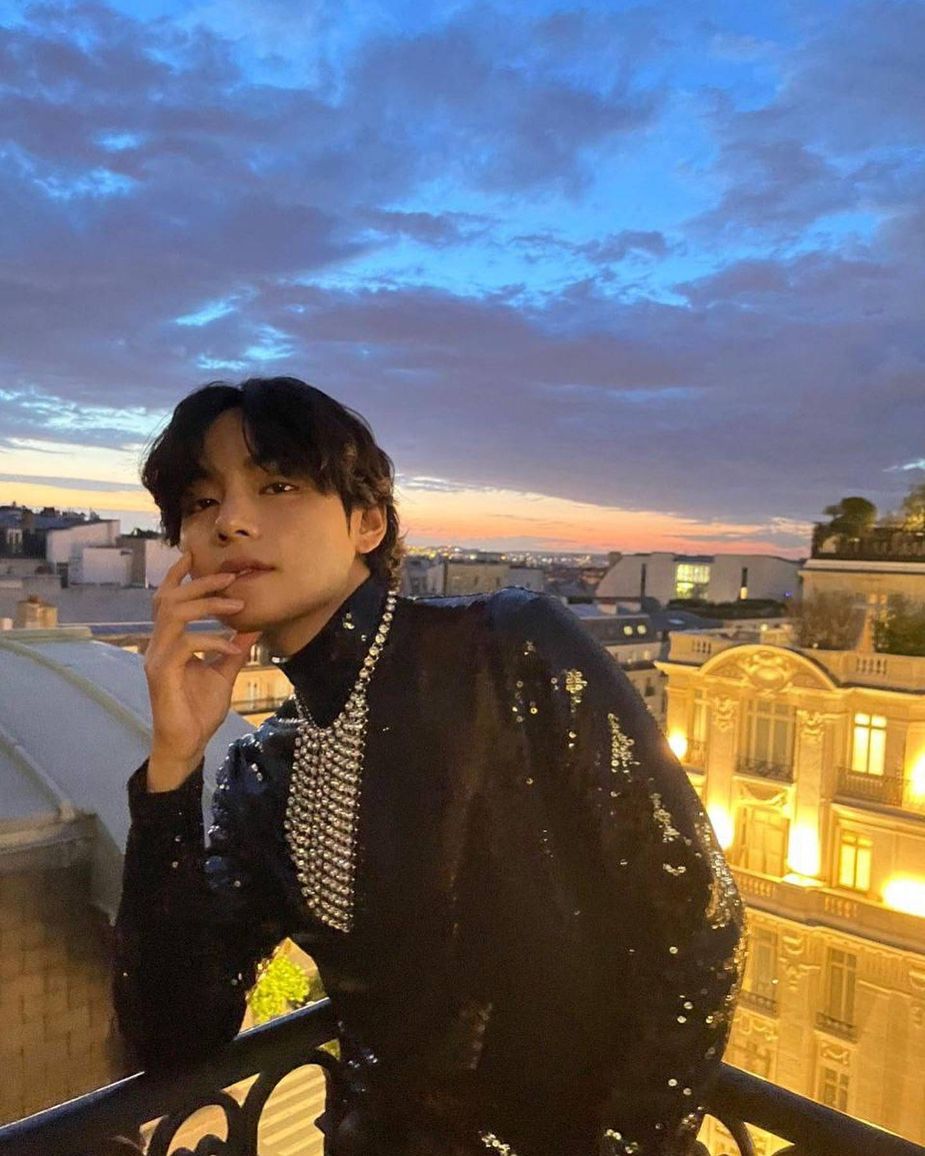
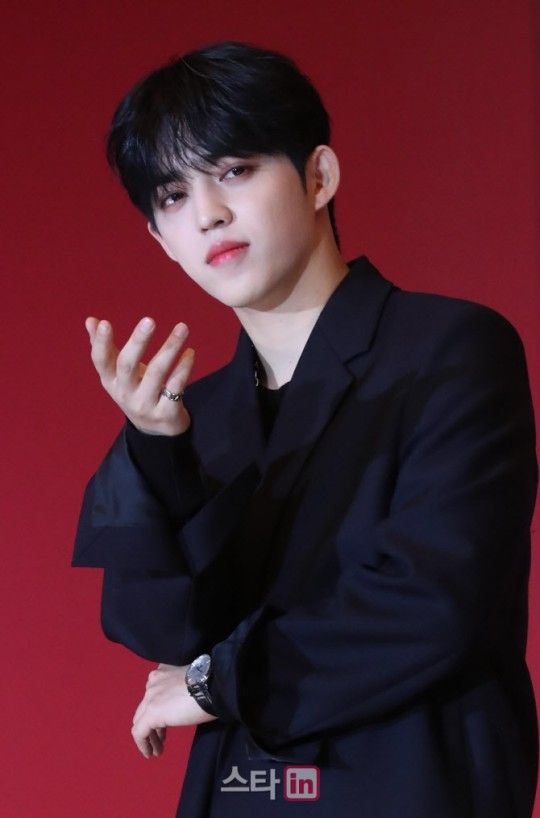
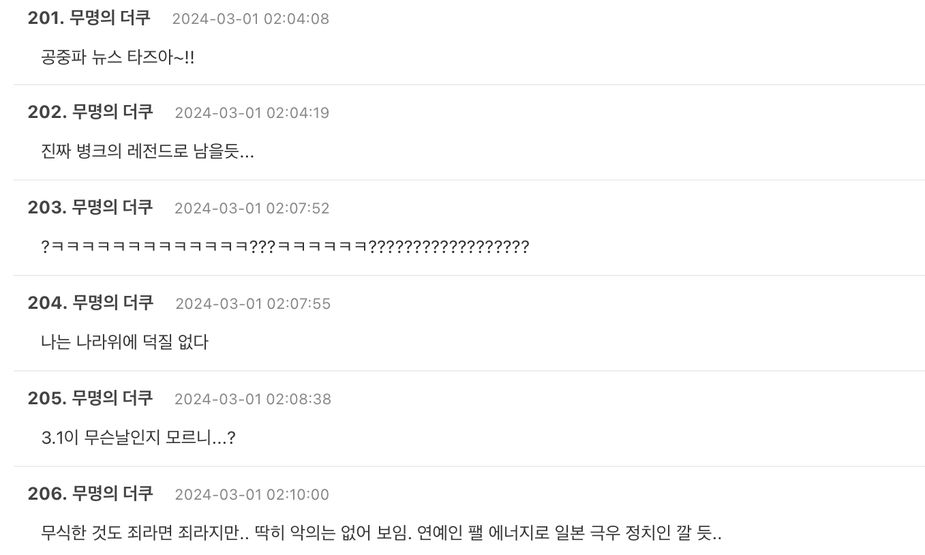
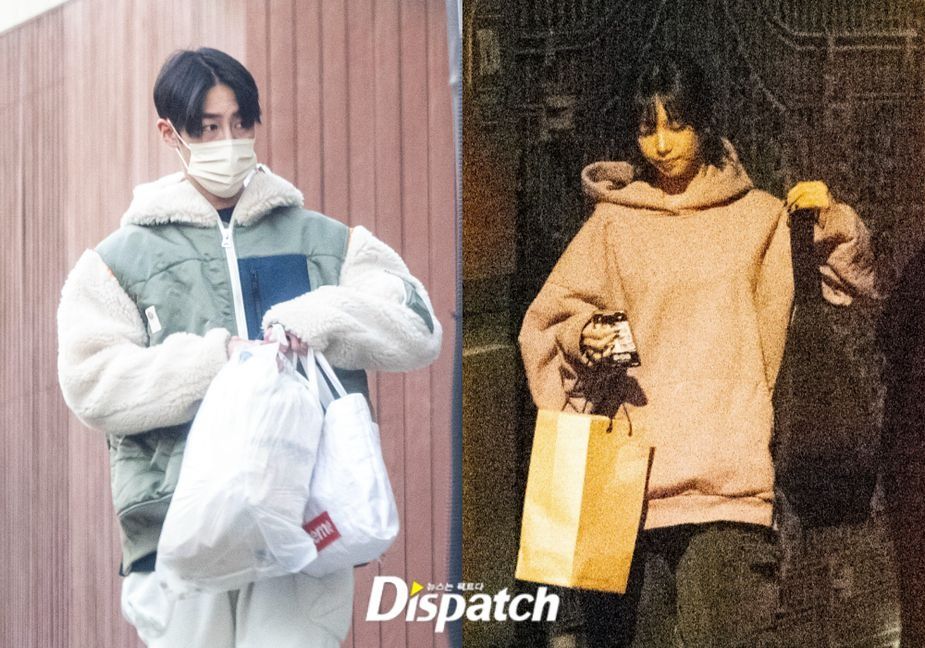
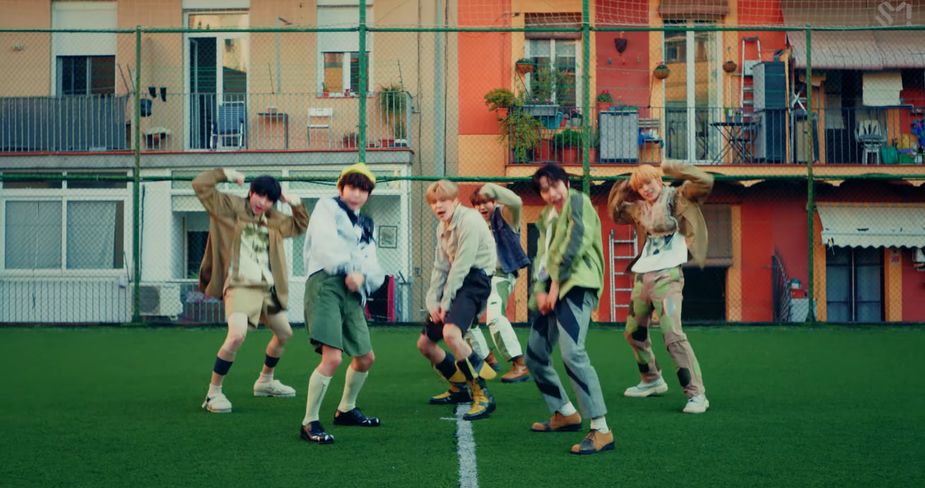

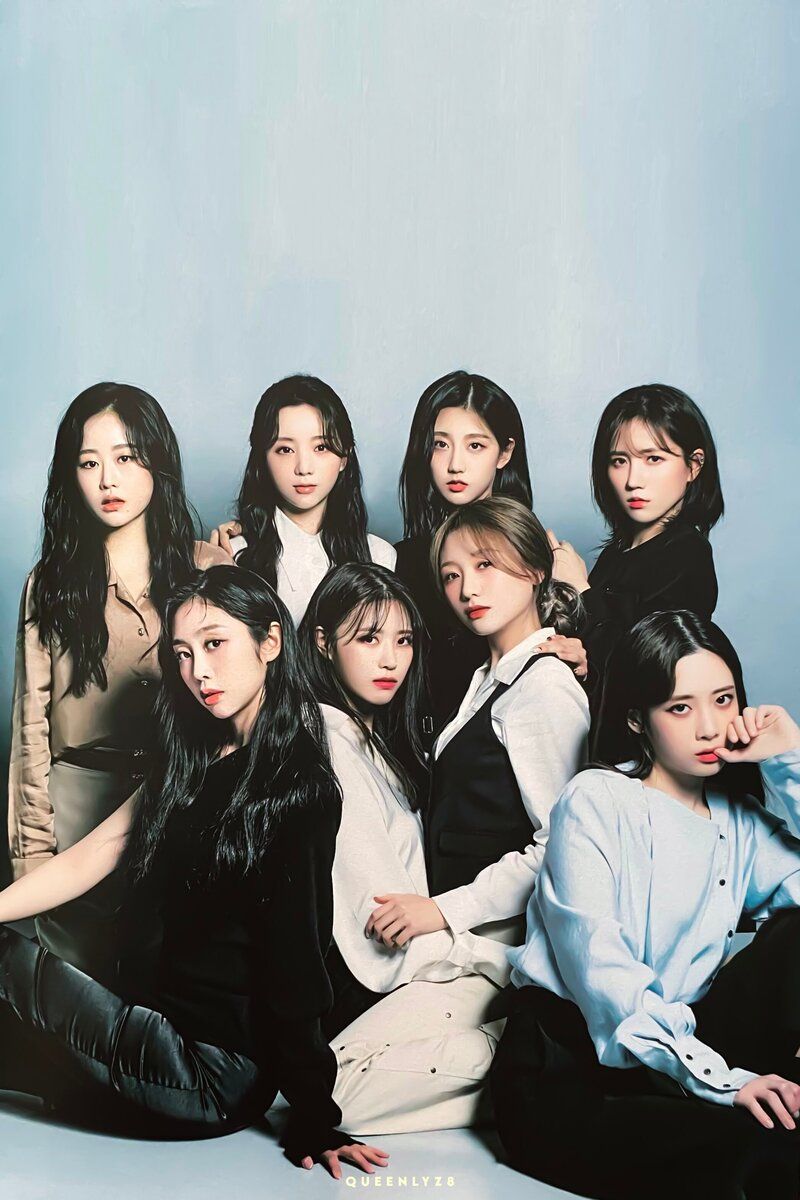

Leave a Reply